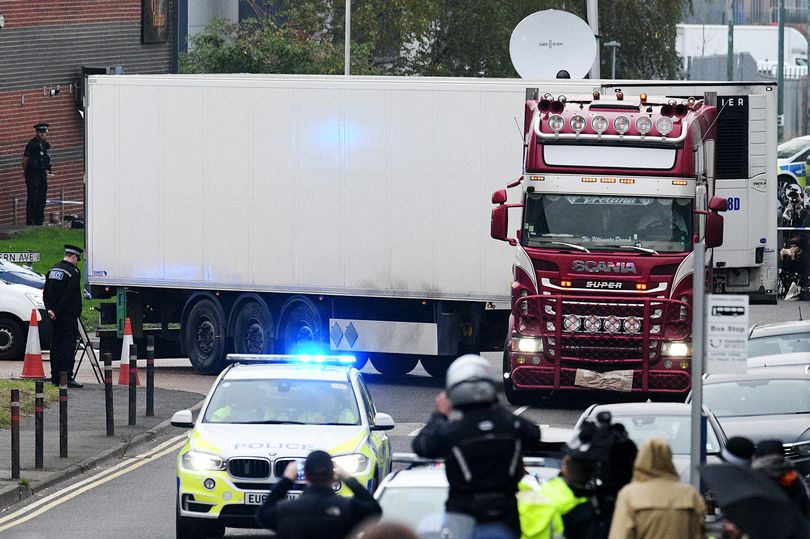×
The Standard e-Paper
Home To Bold Columnists

A survivor of a trafficking gang has told how he paid them £16,000 to get from a tiny village in Vietnam to a curry shop in Birmingham, where he earned “untold riches”.
After 39 people died in a refrigerated lorry in Essex, Nguyen Dung tells me: “Never do you expect to be put in a frozen coffin, but the potential rewards outweigh the risks.